


Introduction:
Welcoming a new member into the family is a joyous occasion, and ensuring the health and well-being of your newborn is a top priority. One indispensable tool for parents is a well-equipped baby health kit. A baby health kit is a curated collection of essential items designed to address the unique health needs of infants. In this article, we will explore the key components of a baby health kit, their importance, and how to use them effectively.
1. Thermometer:
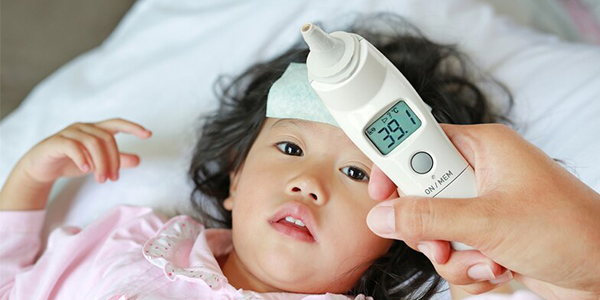
A reliable thermometer is a crucial component of any baby health kit. Infants are unable to communicate their discomfort, making it challenging for parents to identify if their child is running a fever. Digital rectal thermometers, temporal artery thermometers, and ear thermometers are popular choices. Ensure the thermometer is age-appropriate and easy to use for accurate temperature readings.
2. Nasal Aspirator:
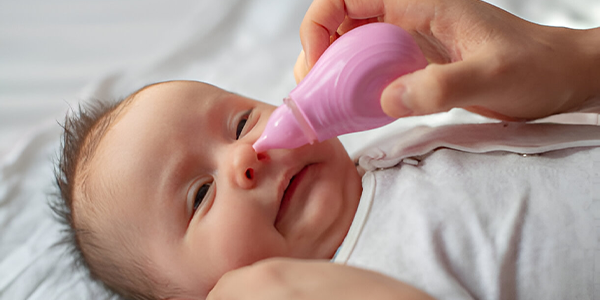
Babies are susceptible to nasal congestion, especially during their early months. A nasal aspirator helps clear mucus from a baby’s nose, facilitating easier breathing. Look for a gentle, bulb syringe or an electric aspirator to ensure safe and effective suction.
3. Medication Dispenser:
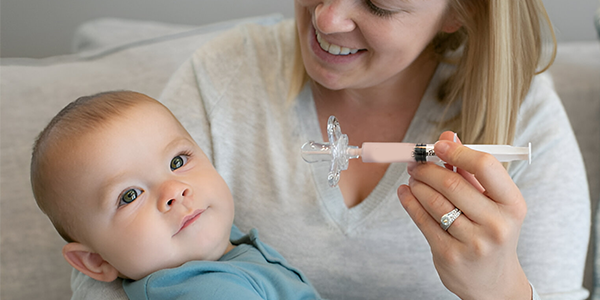
Administering medication to a baby can be challenging. A specialized medication dispenser, such as a syringe or a pacifier-style dispenser, helps ensure accurate dosage and makes the process less stressful for both the baby and parents.
4. Nail Clippers/Scissors:
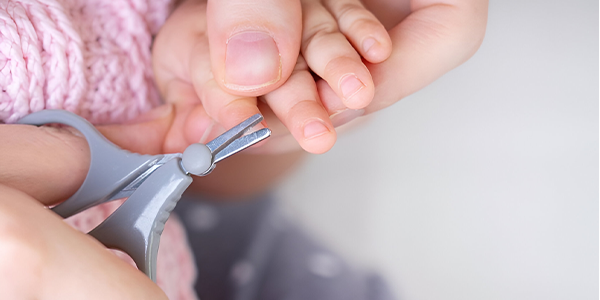
Babies’ nails can be surprisingly sharp and may cause unintentional scratches. Including baby-friendly nail clippers or scissors in the health kit allows parents to trim their infant’s nails safely.
5. Digital Ear and Forehead Thermometer:
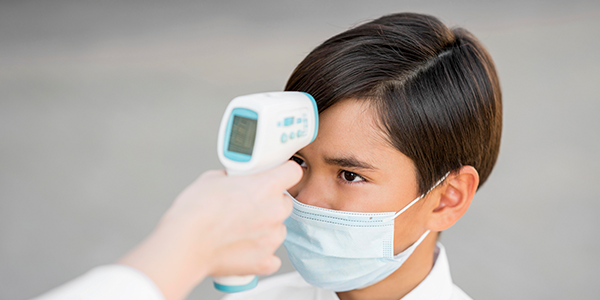
A digital ear and forehead thermometer provides a quick and non-invasive way to measure a baby’s temperature. This type of thermometer is particularly useful for parents who prefer not to use rectal thermometers and want a swift reading.
6. Baby-safe Pain Relief Medication:
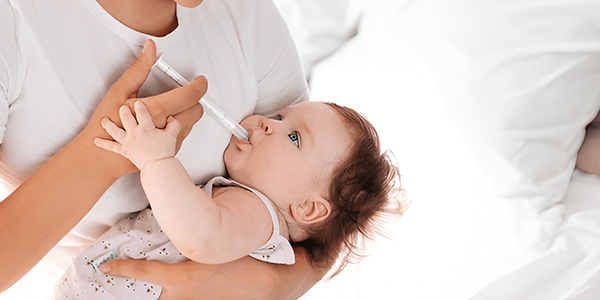
Consult with your pediatrician to include age-appropriate pain relief medication in the health kit. Ensure that the medication is specifically formulated for infants and follow proper dosage instructions.
7. Teething Gel or Rings:
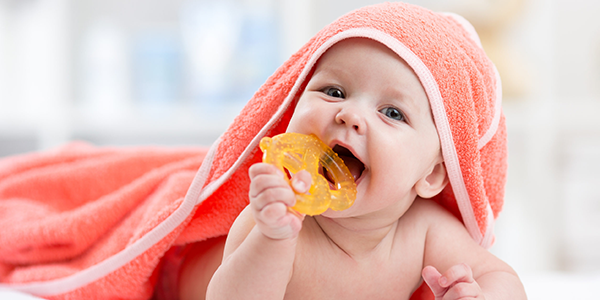
Teething can be a challenging time for both babies and parents. Including teething gel or rings in the health kit provides relief for sore gums. Always choose products that are free from harmful substances and are specifically designed for infants.
8. Saline Drops:
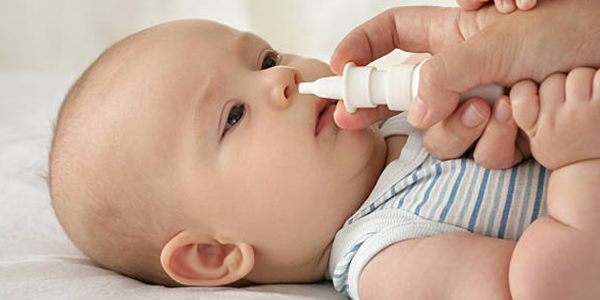
Saline drops are a gentle solution for clearing nasal congestion in infants. They help moisturize and break down mucus, making it easier for babies to breathe. Saline drops are particularly useful for newborns who may not be able to blow their noses.
9. Grooming Kit:
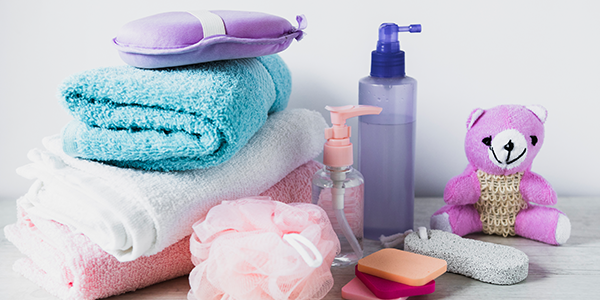
A baby grooming kit typically includes a soft brush, comb, and other grooming essentials. Regular grooming helps keep your baby clean and comfortable, promoting good hygiene practices from an early age.
10. First Aid Guide:
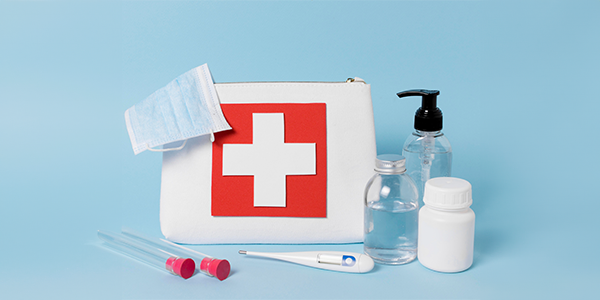
Include a comprehensive first aid guide specifically tailored for infants. This guide can provide step-by-step instructions on handling common baby health issues and emergencies, offering parents peace of mind.
Conclusion:
A well-prepared baby health kit is a valuable resource for parents, offering the tools needed to address the unique health needs of infants. Regularly check and update the contents of the kit to ensure its effectiveness. Additionally, always consult with your pediatrician for personalized advice on maintaining your baby’s health and well-being. A baby health kit, when thoughtfully assembled, can empower parents to confidently navigate the early stages of their child’s life, promoting a happy and healthy start.

